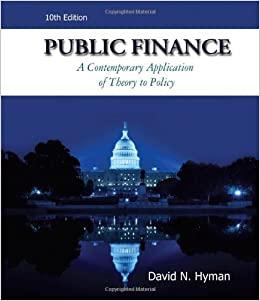| A firm is considering an investment in a new machine with a price of $18.18 million to replace its existing machine. The current machine has a book value of $6.18 million and a market value of $4.68 million. The new machine is expected to have a four-year life, and the old machine has four years left in which it can be used. If the firm replaces the old machine with the new machine, it expects to save $6.88 million in operating costs each year over the next four years. Both machines will have no salvage value in four years. If the firm purchases the new machine, it will also need an investment of $268,000 in net working capital. The required return on the investment is 11 percent, and the tax rate is 39 percent. Assume the company uses straight-line depreciation. | | a. What is the NPV of the decision to purchase a new machine? (Do not round intermediate calculations and round your answer to 2 decimal places, e.g., 32.16. Enter your answer in dollars, not millions of dollars, e.g., 1,234,567.) | | b. What is the IRR of the decision to purchase a new machine? (Do not round intermediate calculations and enter your answer as a percent rounded to 2 decimal places, e.g., 32.16.) | | c. What is the NPV of the decision to keep the old machine? (Do not round intermediate calculations and round your answer to 2 decimal places, e.g., 32.16. Enter your answer in dollars, not millions of dollars, e.g., 1,234,567. A negative answer should be indicated by a minus sign.) | | d. What is the IRR of the decision to keep the old machine? (Do not round intermediate calculations and enter your answer as a percent rounded to 2 decimal places, e.g., 32.16. A negative answer should be indicated by a minus sign.) | |






